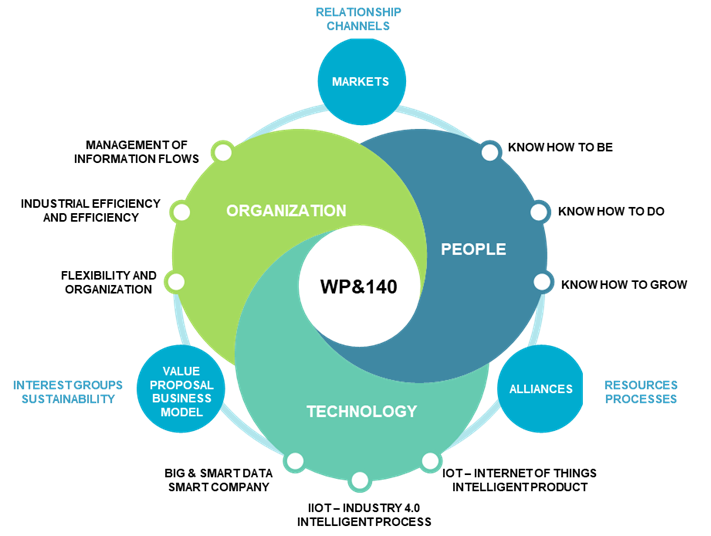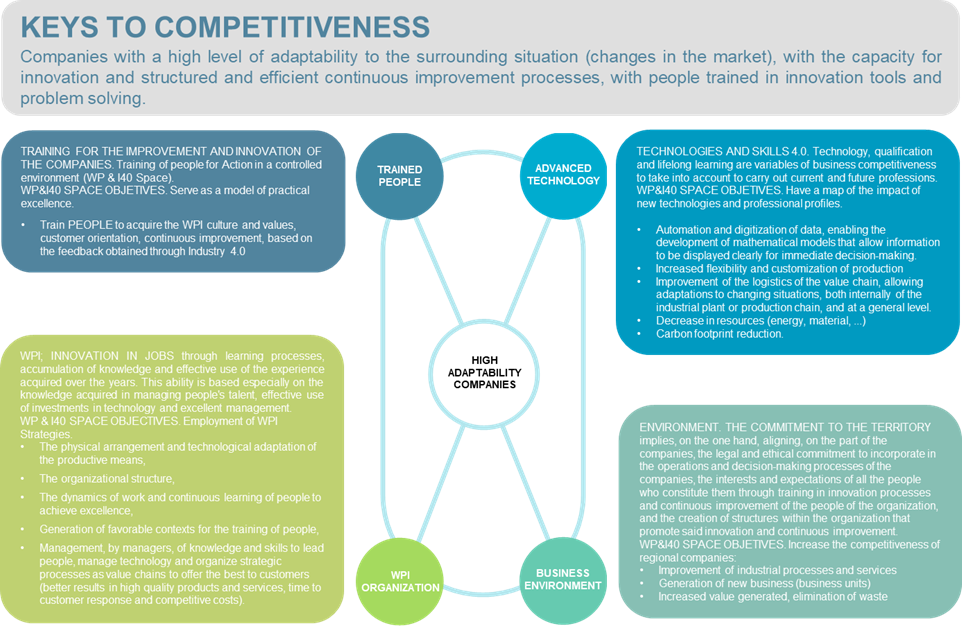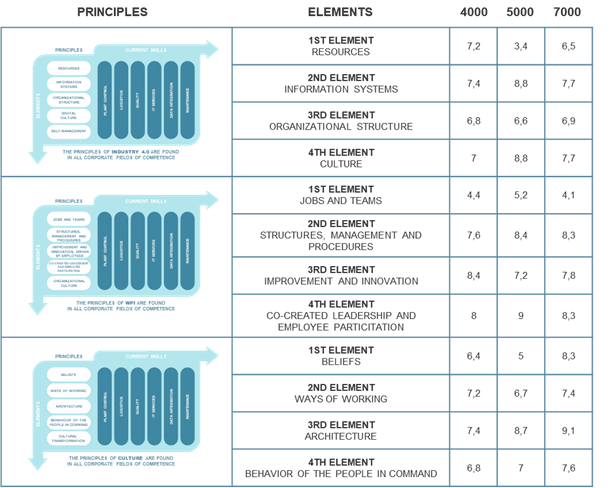Lortek @gite:
Innovation in the workplace
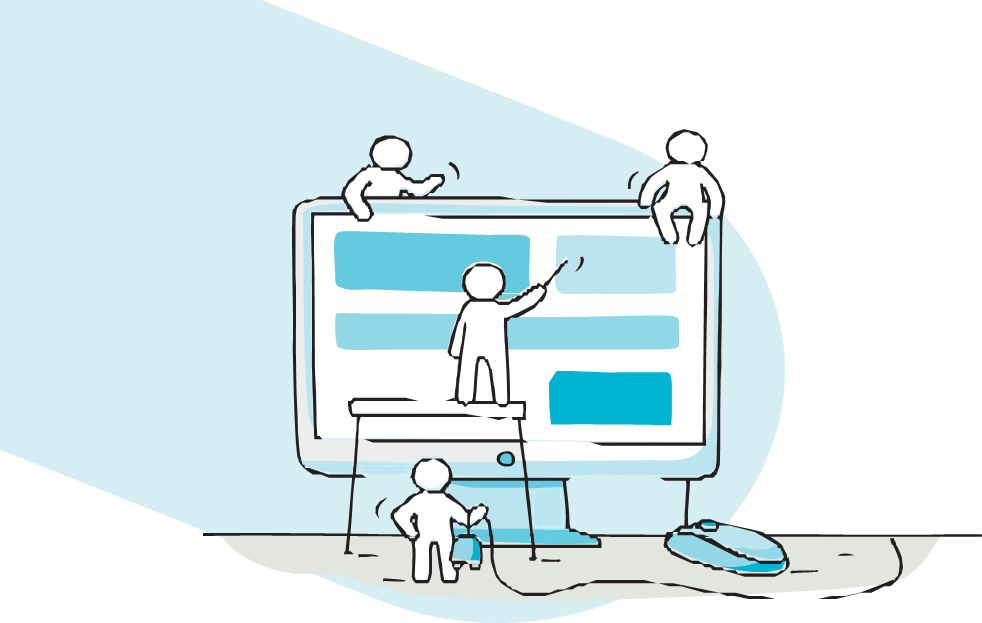
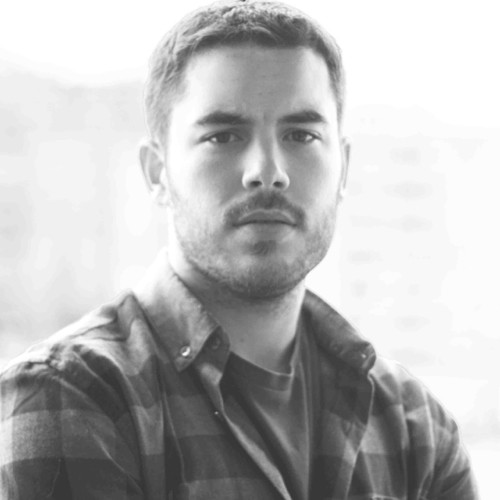
Jon Prado Vidal
Senior Researcher Lortek S.Coop.
Innovation and organisation systems area
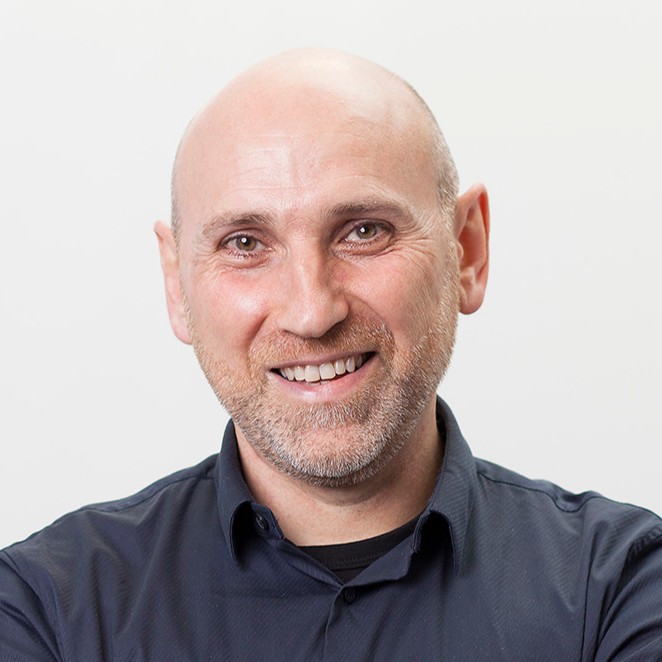
Mikel Mendizabal
Senior Researcher Lortek S.Coop.
Innovation and organisation systems area
In addition to adequate remuneration, people also look for their contribution to the company, opportunities to demonstrate their capabilities, grow professionally and see their efforts recognised.
Lortek, S.Coop. is a private technology centre which generates excellent knowledge in Manufacturing Processes and Digitisation, to transfer it to the industry and, in this way, improve competitiveness, environmental impact and sustainability.
We are accredited as an agent of the Basque Science, Technology and Innovation Network, a member of the BRTA (Basque Research & Technology Alliance) consortium and we are a cooperative integrated in Mondragón Corporación.
Our areas of expertise are:
- Joint Technologies.
- Additive Metal Manufacturing.
- Inspection and Non-Destructive Tests.
- Smart Manufacturing and Industry 4.0.
We promote a culture of innovation in jobs, and a social commitment to gender equality and transparency.
WP&I4.0 Company
A WP & I40 company is characterised by having the capacity to respond to movements in the business environment, extensive knowledge of global markets, management of product and process technology, and capabilities to obtain the best from people.
New forms of work organisation, greater service orientation, changing skills and job profiles, more interactive value creation processes, and increasing digitisation – all these are the driving forces of far-reaching change that the modern work world is experiencing. Today more than ever, being innovative requires complex processes that, in addition to interacting with technological development, also interact with people, organisational development and human skills.
We believe that innovation in the workplace must be followed by Industry 4.0. and the training of people. To do this, we activate a process of continuous improvement that begins with an initial phase of awareness and alignment of people with vision, based on our LORTEK @GITE model. After the initial alignment phase, we accompany the companies in the development of the first iteration (evolutionary loop), which consists of 4 stages:
- Technologies and I4.0 skills. Technology, qualification and lifelong learning are variables of business competitiveness to take into account to carry out current and future professions.
- Degree of Organisational Maturity. Based on WP & I40 principles, we audit maturity, that is, practices and results within an organisation under three performance headings: technology (I40), organization (WPI), and people (CULTURE).
- Generation of Work and Learning Dynamics. On the way to success and fulfillment of strategic objectives, daily management must incorporate work and learning dynamics based on trust and data. These dynamics must have support from the structural part of the company and managed by three profiles
- Economic performance (General Manager)
- Operational excellence (Responsibility for Production)
- Professional and competence monitoring (Responsibility for Cultural Development)
- Generation of Favourable Contexts for the Training of People. Self-management is a way of addressing the challenges of changing situations that companies face in the present and are going to face in the future. We help to generate the new context, a new way of conceiving and conceptualising what and how the company should be, incorporating propitious strategies for intra-entrepreneurship and stimulating intra-entrepreneurial activity. We help to generate the new context, a new way of conceiving and conceptualising what and how the company should be. Another objective is to stimulate intra-entrepreneurial people to action, in the execution of projects and reorienting companies to achieve an optimal level of competitiveness, as well as contributing to the development of the people who comprise them.
The progression through the LORTEK @GITE model establishes the degree of maturity of the company, in other words how the practices are integrated within an organisation, starting at the “Developed” stage and moving towards “World Class”:
- Developed. Principles and practice are in place, communicated, and understood. Everyone in the company knows what is expected of them.
- Settled down. Employees are actively involved to ensure that principles and practices are applied consistently. These ways of thinking and behaving become a habit within the company.
- Advanced. Employees actively drive positive results, own principles and practices, and apply their knowledge to solve new problems.
- World Class. The principles and practices are fully integrated with broader activities. Employees take responsibility for delivering consistently positive results, always with an eye toward future improvement.
The final long-term objective is to create a new culture (knowledge of strategies, techniques, improvement systems and innovation) that allows taking advantage of talent and gradually transforming the company until it achieves outstanding business results.
WP&I40 GOIERRI
WP&I40 GOIERRI is a collaborative work space, which aims to investigate, evaluate, value and socially disseminate different processes to achieve shared social and territorial value. It also seeks to develop new forms of organisational relationships that put the person, transforming workplaces, developed learning processes and future work and their associated competencies at the centre of everything.
Next, we will describe the results of a research project focused on the promotion of strategies and organisational and business experimentation in advanced formulas for transformation in work environments and distribution of time of employment, taking place in the Goierri region. This research was undertaken with the help of Gipuzkoa Provincial Council.
Participants
- Ikaslan Training Center Foundation
- Goierri Eskola – Goierriko Herrien Ekintza Foundation
- Goieki county development agency
- Goierri Valley
- Goilan Foundation
- Lortek S.Coop.
The objective of the project was to compare the degree of organisational maturity (according to WP & I40 principles) of 3 business units of IKASLAN, a centre where GOIERRI ESKOLA middle and higher grade students carry out additional internships that help them adapt to the professional world.
The centre plays a very important role in the transition to the professional world. Their job is to provide students with adequate training so that this transition is as practical as possible. That is why Ikaslan’s objective is to train the student in future jobs, bringing the school world closer to the professional world. For this, it has 7 mini-factories with activities in the metalworking sector (laser cutting, boilermaking / welding, machining, electrical installations, assembly of structures).
Conclusions- Differential value of Ikaslan
The Educational Cooperation program established between the Goierriko Herrien Ekintza Foundation, through the Ikaslan Foundation, and Goierri Eskola, allows:
- The alternation of the training with the practices demonstrates its effectiveness in the practical placement of 100% of the students. Such achievement is largely derived from the close relationship between the Goierri Innovation Pole agents (training centres, foundations, companies and their R & D & I units, technology centres), as well as the possibility, since 1982, to alternate studies with a real practical experience of the students.
- The process of incorporation of the student to the company is the least possible, learning to function in a productive environment throughout 1 year of internship.
As an immediate conclusion, it follows that the operation of IKASLAN is, and we consider it should be, as a company, but with a series of differential elements that make the experience something new and tremendously enriching for the beneficiary, the student:
- It is a non-profit foundation.
- All surpluses are reinvested in technical means that make it possible to adapt the practices to the continuous technological evolution, either in their own facilities or in those of the school.
- Representatives of the municipalities participate in the governing bodies (Board of Trustees and Executive Commission), which gives a character of semi-public foundation or association. They do not receive any remuneration for the performance of their duties.
- IKASLAN’s stable staff structure is made up of people in support and management services from each of the mini-factories.
- All students who carry out the practices do so throughout the last year, training cycles or during the period of theoretical instruction (INEM courses).
- In the transition from one course to the next, veterans (those who finish the internship period) instruct the newcomers.
- The practices are in accordance with the specialties studied at the school.
- The result of the internship, the tangible product, is a means through which the real product matures: the student until he / she joins the staff of a company. Without the involvement of the companies in the region, there are no practices.
- The physical, tangible products are varied depending on the specialties. There are more than 3000 product references. Economic profitability is not the first objective.
- Recruitment to internships is voluntary.
- The direct management of the students with the clients facilitates their hiring.
Ikaslan educates the entrepreneurial spirit in the student, training them in responsibility, commitment, effort, dedication, perseverance and a spirit of work, by providing them with the necessary critical skills.
And the school takes into account the real possibilities offered by the productive environment, complementing theoretical training with practice.
Workplace Innovation Guide 2019: https://workplaceinnovation.eu/wp-content/uploads/2021/10/Workplace-Innovation-Company-Guide.pdf
Bateratzen Project: https://www.mondragon.edu/en/bateratzen-project
Mondragon Corporation Industry 4.0 Model: https://www.mondragon-corporation.com/en/mondragon-industry-4-0/
Ikaslan: http://www.ikaslan.com/formacion/cast/presentacion.php?
Diputación de Gipuzkoa, Talento y Aprendizaje: https://egoitza.gipuzkoa.eus/es/subvenciones/-/laguntza/2020/2/INKA25
Share This Story!

European Workplace Innovation Network (EUWIN)
EUWIN was established by the European Commission in 2013 and is now entirely supported by contributions from an international network of partners co-ordinated by HIVA (University of Leuven). EUWIN also functions as a network partner for the H2020 Beyond4.0 project.
Contact: Workplace Innovation Europe CLG (contact@workplaceinnovation.eu).
